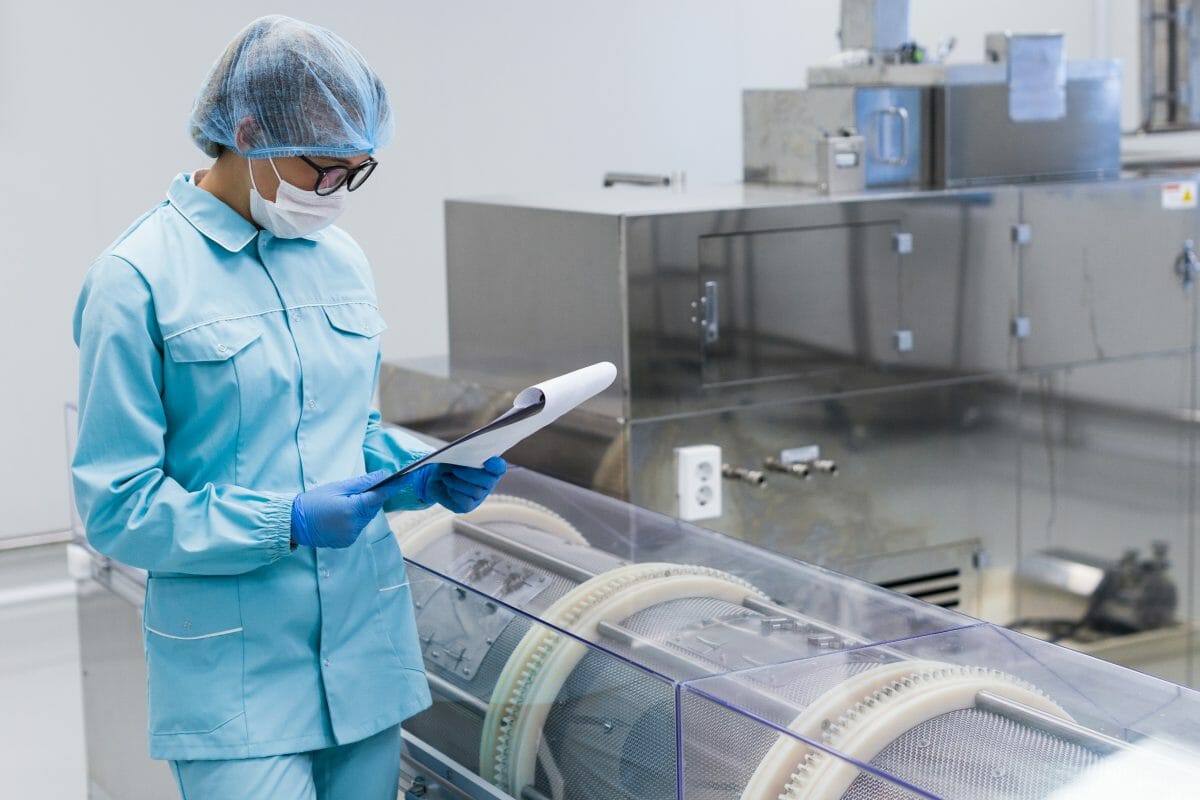Technology has greatly improved medical services and made significant changes in how doctors help people stay healthy. Are you wondering- how?
Nowadays, experts can make fake bones and organs with special machines (medically known as Bionic Limbs), or doctors can use small gadgets to keep track of a patient’s health. It even helps doctors do experiments faster, finding new ways to treat illnesses quickly. And don’t forget about those handy phone apps that help people watch their health and talk to doctors.
All these tech tricks have made healthcare better and promise to make it even better in the future. Perhaps we can say that technology isn’t just for games and fun; it’s also a superhero in the world of medicine!
However, some folks may still have doubts. Thus, to clear the air, we have written this article to outline how technology transforms healthcare. So, stick to the end to gain deeper insights.
Easy Access to Data
Electronic Health Records (EHRs) allow doctors and nurses to quickly retrieve a patient’s medical history, test results, and treatment plans. This access boosts efficiency and ensures that medical decisions are well-informed.
Moreover, patients can access their health records online, enhancing their involvement in their care. This ease of access to data also supports medical research by providing vast datasets for studies and analysis. In emergencies when doctors are unavailable or busy, access to patients’ medical data online can instantly aid in prompt and precise treatment.
Overall, easy access to data is transforming healthcare, making it more patient-centric, efficient, and research-driven.
Machine to Clean and Sterilize
Technology has introduced machines designed to clean and sterilize medical equipment and spaces with exceptional precision. For instance, steam sterilizers like autoclaves use high-temperature steam to eliminate harmful microorganisms from surgical instruments. It ensures that the equipment is safe for medical procedures. Likewise, ultrasonic cleaners employ sound waves to remove contaminants from delicate instruments, preventing infections.
Remember, hospitals and other healthcare infrastructures must be free from germs, and these modern machines are pivotal in this job. These machines enhance patient safety by maintaining a sterile environment and minimizing the spread of infections. They also free healthcare workers from time-consuming cleaning tasks, allowing them to focus more on patient care.
Diagnostic Precision
Technology has dramatically improved the accuracy and precision of medical diagnoses. Advanced imaging techniques, such as MRI and CT scans, offer detailed insights into the body’s internal structures, allowing doctors to identify conditions precisely. Artificial intelligence (AI) algorithms can analyze vast medical datasets and medical images, assisting healthcare professionals in making more accurate diagnoses.
These technological advancements reduce misdiagnoses, ensure timely treatment, and enhance patient outcomes. In essence, technology’s role in diagnostic precision has revolutionized healthcare by providing clinicians with powerful tools to deliver more effective and targeted medical care.
Remote Monitoring
Technology has introduced remote monitoring solutions that empower healthcare providers to closely monitor patients’ health without requiring frequent in-person visits. Wearable devices, like smartwatches and medical sensors, collect real-time data on vital signs, activity levels, and more. This information is transmitted to healthcare professionals who can remotely track a patient’s condition, making it possible to detect changes or issues promptly.
This technology is precious for individuals with chronic conditions, enabling early intervention and personalized care plans. Moreover, it reduces the burden of frequent hospital or clinic visits, saving patients and healthcare providers time and resources. Remote monitoring exemplifies how technology enhances patient care and promotes healthcare accessibility, ultimately contributing to improved health outcomes.
Medical Experimentation
Technology has revolutionized the field of medical research and experimentation. Advanced tools and techniques have significantly shortened the time required to conduct experiments and develop new treatments. One key advancement is the use of computer simulations to model human responses to drugs and therapies, reducing the need for lengthy and risky human trials.
Innovations like the chimp adenovirus, closely related to the human version, have accelerated experimentation, leading to breakthroughs in vaccine development. Furthermore, the Ebola outbreak prompted rapid and innovative solutions, resulting in the development of an Ebola vaccine in record time.
Overall, technology has transformed medical experimentation, making it more efficient, cost-effective, and less reliant on human volunteers. These advancements hold the promise of faster and safer development of life-saving treatments and vaccines.
Wrapping Up
When technology and medicine come together, it means that in the future, diseases will be found early and treated more effectively. Care for patients is getting better and better because of this vital relationship.
Everyone can look forward to a better and healthier future if these two areas continue to work together.
